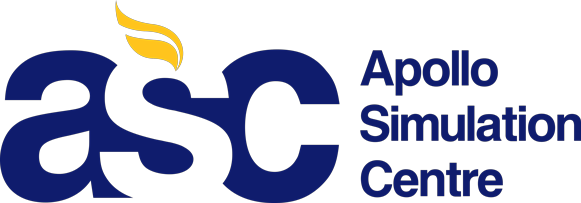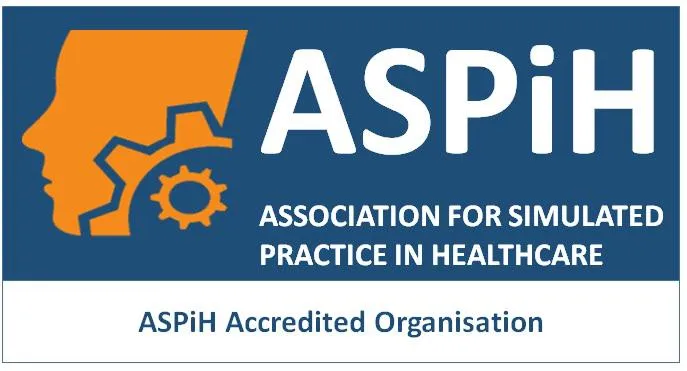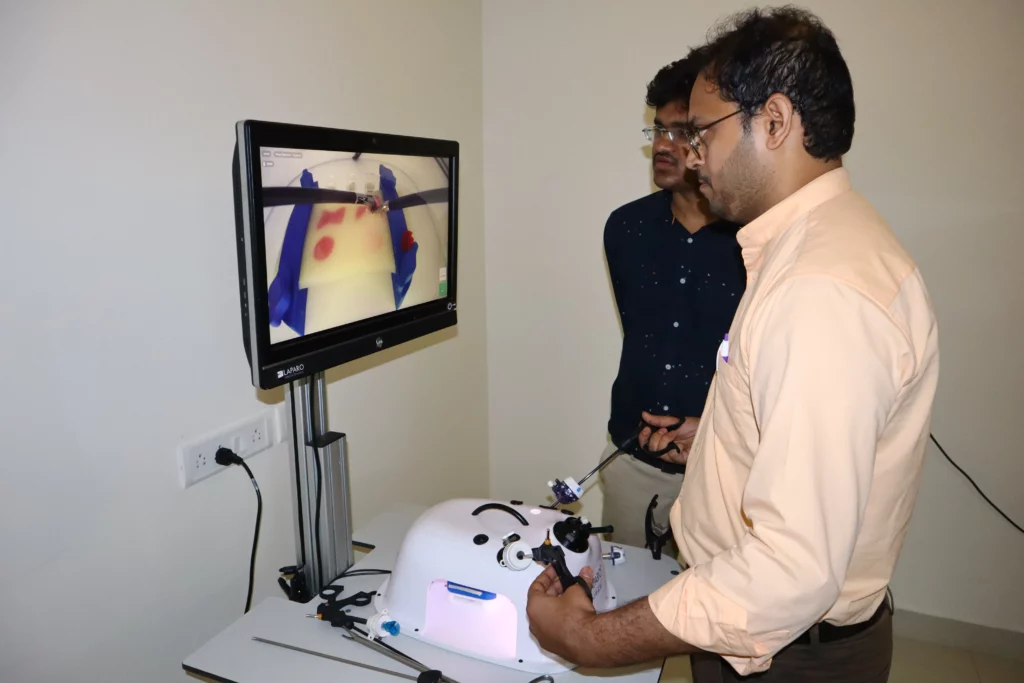
Learning Outcomes
- Master Laparoscopic instruments & Ergonomics
- Perform Common gastro-intestinal surgeries in 3-D printed anatomical models
- Gain proficiency in stapling, suturing
Description
Minimal access surgery (MAS) has seen remarkable advancements over the past two decades, offering benefits such as shorter hospital stays, reduced analgesic use, and improved cosmetic outcomes compared to traditional surgery. The Advanced Minimal Access Upper GI (aMAS Upper GI) programme is designed to help participants learn evidence-based principles and improve their surgical techniques in upper GI surgery.
New Batch Starts on
Contact Us
Course Duration:
3 Days
 Webinars, panels and small group discussions
Webinars, panels and small group discussions Equipment, instrument and procedure demonstrations
Equipment, instrument and procedure demonstrations Dry laboratory training on all technical aspect of MAS
Dry laboratory training on all technical aspect of MAS Live demonstrations/master videos of various surgical procedures
Live demonstrations/master videos of various surgical procedures Wet lab for hands-on experience during selected courses
Wet lab for hands-on experience during selected courses
Curriculum
Knowledge
Delivered through online lectures
Skill
Delivered through 3-day contact course at Apollo Simulation Centre
Assessment
For both knowledge and skills
Online Modules
All didactic lectures will be available as online modules for candidates 2 weeks prior to the contact course to prepare for the course well in advance. All the required theory knowledge will be learnt through web platform. There will be a Q&A section available after each lecture to interact with the faculty for any additional doubts to be clarified. Completing online modules is mandatory for certification.
| S. No | Topic |
|---|---|
| Essential | |
| 1 | Introduction to laparoscopy |
| 2 | Basic ergonomic principles |
| 3 | Laparoscopic instruments |
| 4 | Energy sources |
| 5 | Tissue approximation |
| 6 | Access techniques |
| 7 | Equipment maintenance |
| 8 | Troubleshooting |
| 9 | Anaesthetic considerations |
| 10 | Robotic surgery |
| Speciality | |
| 11 | Upper GI anatomy and radiology |
| 12 | Surgery for reflux and hiatus hernia |
| 13 | Surgery for achalasia cardia |
| 14 | Laparoscopic esophagectomy |
| 15 | Thoracoscopic esophageal surgery |
| 16 | Benign gastric surgeries |
| 17 | Gastric bypass surgeries |
| 18 | Lap gastrectomy and LN dissection |
| 19 | Therapeutic upper GI endoscopy |
| 20 | Complications and management |
Contact Course
Contact course is aimed at providing practical knowledge about everything that one needs to know about Advanced Minimal Access Surgery – Upper GI. This is achieved by way of 30% of time spent on demonstrations and 70% time on hands-on training, which includes:
Day 1: ASC
| Time | Event | Comment | |
|---|---|---|---|
| 08:45 | Registration and pairing | Welcoming of participants | |
| 09:00 | D1: Instruments | Image chain, lap trolley | |
| 09:45 | D2: Basic principles | Ergonomics of set-up and access | |
| 10:30 | D3: Access techniques (esophagectomy) | Creation of working space | |
| 11:00 | Coffee Break | ||
| 11:15 | H1: Access and dexterity (gastrectomy) | Scope and instrument handling | |
| 12:00 | H2: Dissection and shears | Dissection and scissors exercise | |
| 12:30 | |||
| 13:30 | H3: Knotting and clipping | Step by step approaches | |
| 14:15 | H4: Electrosurgery | Advantages and disadvantages | |
| 15:00 | Coffee/Tea – Lounge | ||
| 15:15 | P1: Thoraco laparoscopy | Endoloop, ligaclips | |
| 15:45 | P2: Esophagectomy master video | Diathermy exercises | |
| 16:15 | Summary | Views, recap and group photo | |
| 16:30 | End of Day 1 | ||
Day 2: ASC
| Time | Event | Comment | |
|---|---|---|---|
| 08:30 | Overview | Pairing | |
| 08:45 | H5: Intracorporeal suturing | Needle handling, suturing | |
| 09:30 | H6: Stapling | Stapling techniques | |
| 10:15 | Coffee Break | ||
| 11:15 | P3: Upper GI complications | How to overcome difficulties | |
| 11:45 | P4: Upper GI mishap videos | Edited Videos | |
| 12:30 | Lunch Break | ||
| 13:30 | M1: Haital dissection | Simulation model | |
| 14:00 | M2: Fundoplication | “ | |
| 15:00 | Coffee Break | ||
| 15:15 | M3: Gastric stapling | Simulation model | |
| 16:00 | M4: Gastroenterostomy | “ | |
| 16:45 | Summary and feedback | Views and recap | |
| 17:00 | End of Day 2 | ||
Day 3: ASC
| Time | Event | Comment | |
|---|---|---|---|
| 08:00 | Overview | Pairing | |
| 08:15 | S1: Available surgery | Step by step approach | |
| 09:30 | Move to wet lab or live surgery | ||
| 13:30 | Lunch Break | ||
| 14:00 | E1: OSCE | Practical exam | |
| 15:00 | Coffee Break | ||
| 15:15 | E2: Results and certification | Analysis of performance | |
| 15:45 | Summary | Views and feedbacks | |
| 16:00 | End of the Course | ||
D: Demonstration by faculty
H: Hand-on practical session
P: Panel discussion
S: Surgical demonstration
M: Model simulator
E: Examination
Patron
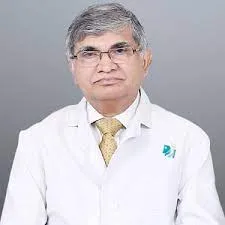
Dr. Prasanna Kumar Reddy
Senior Consultant,
Department of Surgical Gastroenterology,
Apollo Hospitals, Chennai
Program Director
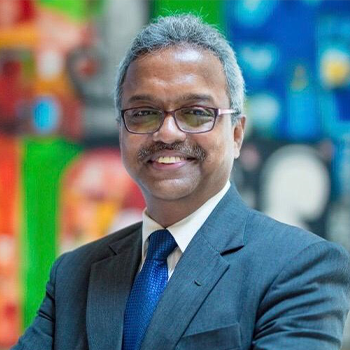
Dr. Muralidharan M
Senior Consultant,
Department of General Surgery,
Apollo Hospitals, Chennai
Course Convenor
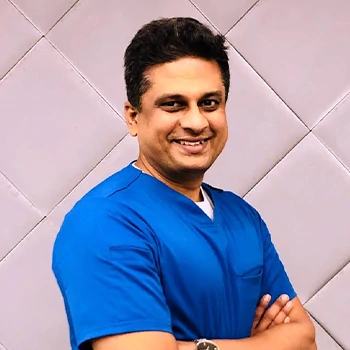
Dr. Raj Palaniappan
Director and Lead Surgeon,
Institute of Bariatrics,
Apollo Hospitals, Chennai
Course Co-ordinator
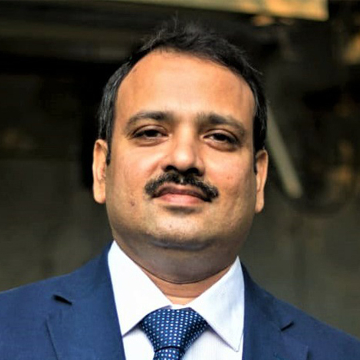
Dr. Sudeepta Kumar Swain
Senior Consultant,
Department of Surgical Gastroenterology,
Apollo Hospitals, Chennai
Faculty
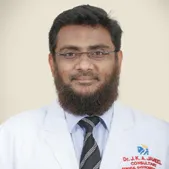
Dr. J.K.A. Jameel
Senior Consultant,
Department of Surgical Gastroenterology,
Apollo Hospitals, Chennai
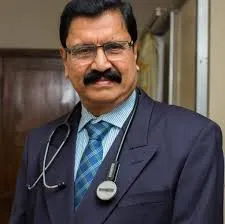
Dr. T.G. Balachander
Senior Consultant,
Department of General Surgery,
Apollo Hospitals, Chennai
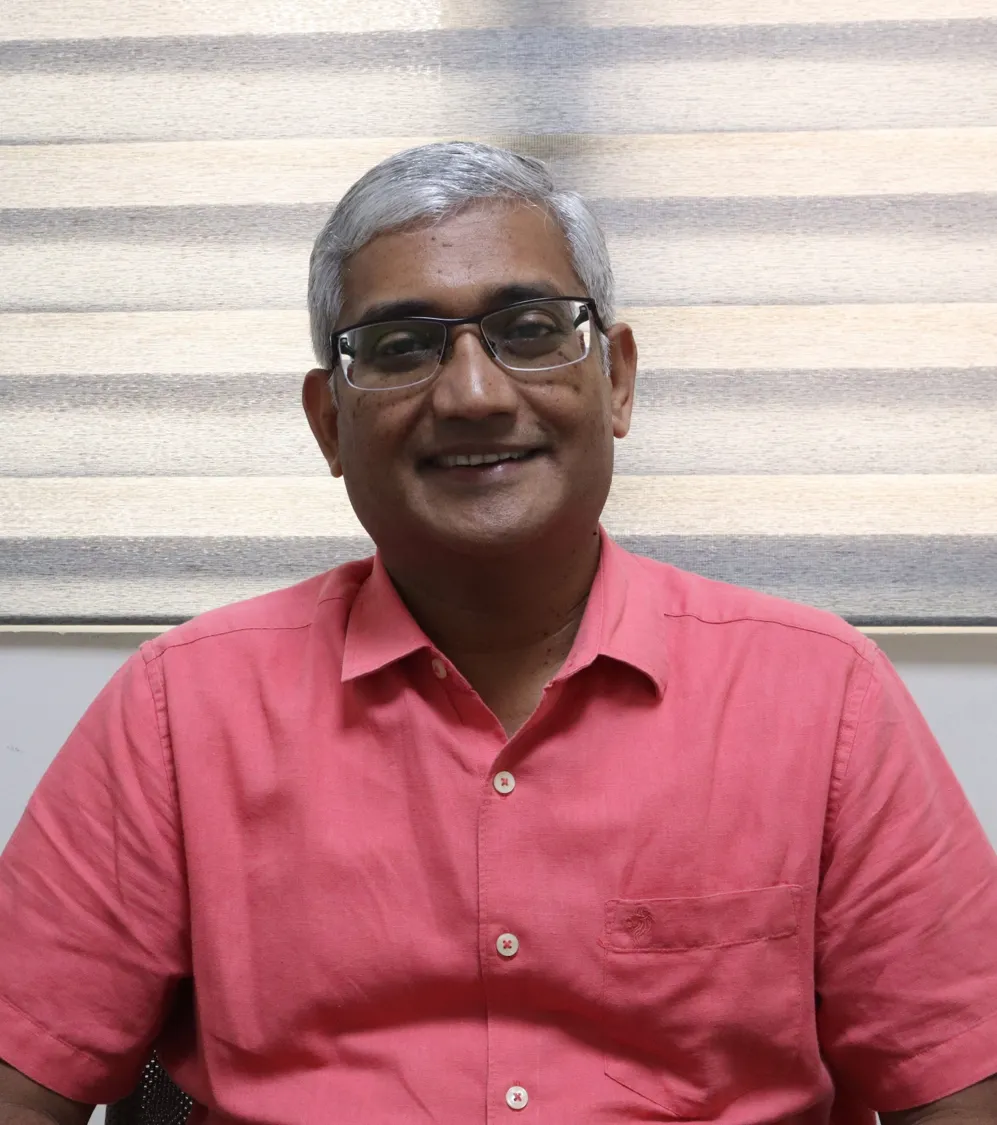
Dr. Ramkumar K
Senior Consultant,
Department of Surgical Gastroenterology,
Apollo Hospitals, Chennai
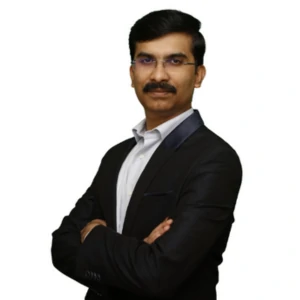
Dr. Santosh Anand
Consultant,
Department of Surgical Gastroenterology,
Apollo Hospitals, Chennai
Gallery
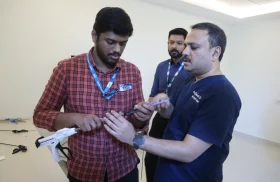
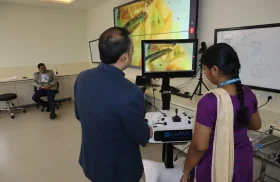
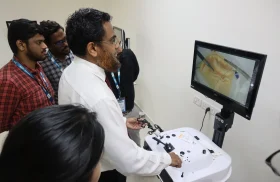
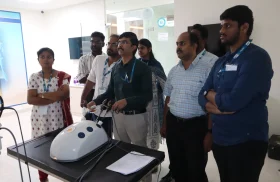
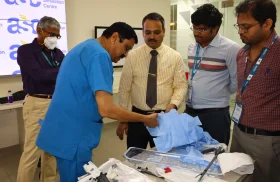
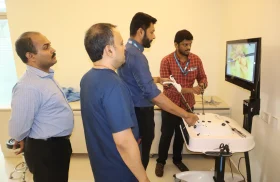
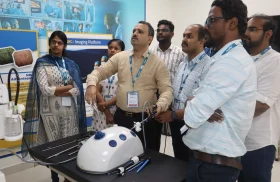
Who is This Course for?
- Surgeons
- Minimal access surgeons
- Surgical residents
Why ASC
- Unparalleled Technological Infrastructure
- Expert Faculty with Real World Experience
- Innovative Learning Methodologies
- Comprehensive Curriculum
- Learner faculty ratio and learner manikin ratio is well maintained
Marketing Line

